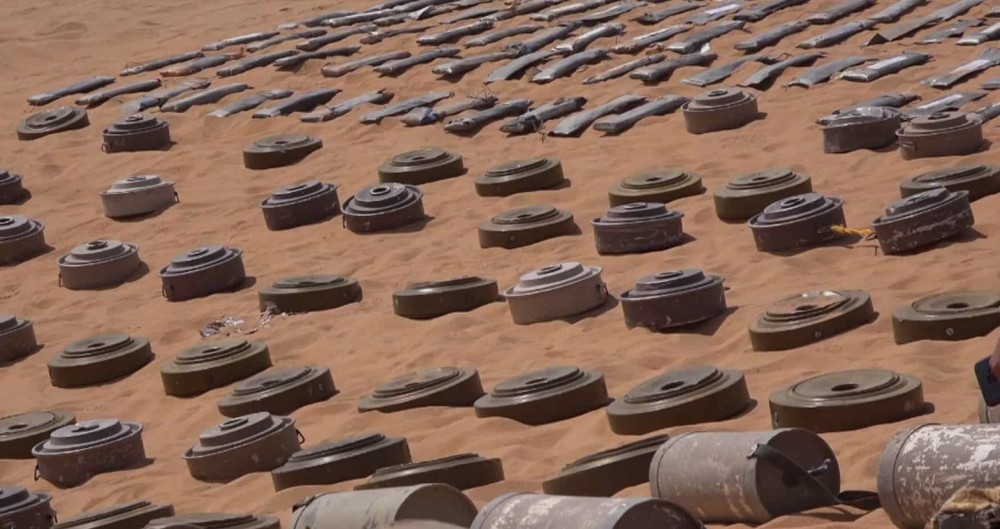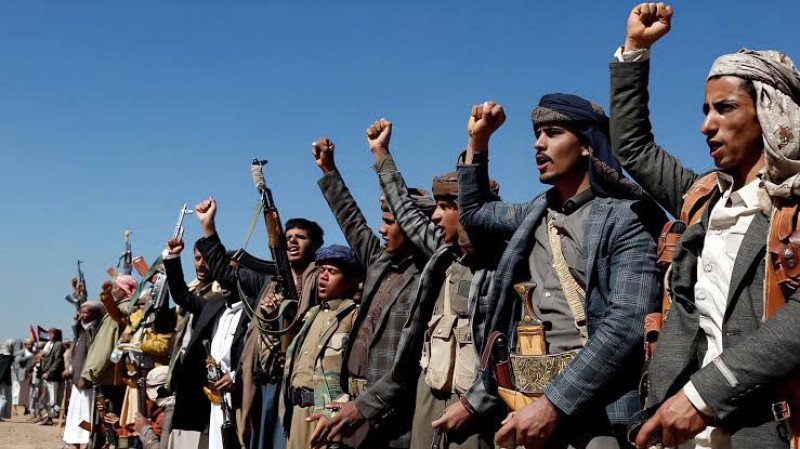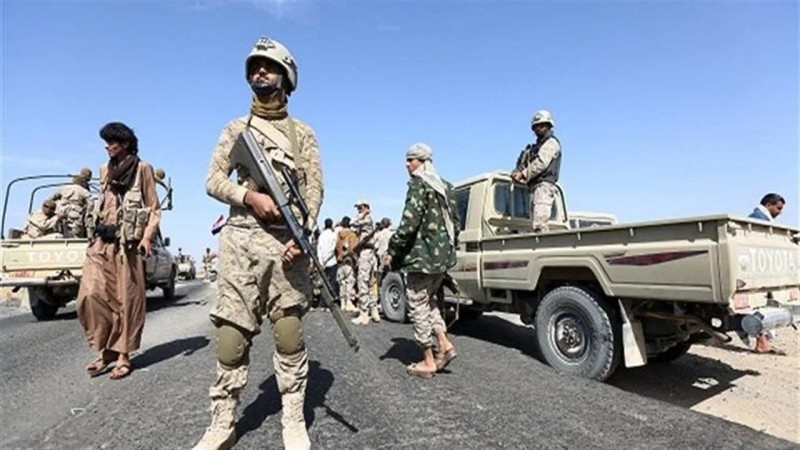2 Yemeni demining workers killed in Saada explosion


Two Yemeni demining workers have been killed while attempting to disarm stacked landmines laid by the Iran-backed Houthis in the northern province of Saada.
Casualties monitoring group, the Yemeni Landmine Records, said the workers were operating as part of a team in the government-controlled Al-Bouqa area when two anti-tank mines placed on top of each other exploded as they tried to defuse them.
The group claimed the Houthis intentionally sought to kill deminers by clustering landmines in one location, planting devices that could not be detected by conventional means, and laying explosives fitted with motion detectors.
Yemeni authorities and the Saudi-funded Masam demining program estimate that the Houthis have planted more than 1 million landmines and improvised explosive devices in the country over the past decade, making Yemen the most mined region of the world since World War II.
At least eight civilians have been killed by landmine explosions in Taiz and Hodeidah this month, according to the monitoring group.
Hamza Ahmed, 14, was killed while tampering with an IED disguised as a drinks can in the Al-Jahmelia neighborhood of Taiz, close to his home.
And in a separate incident, 13-year-old Arfat Abdu Ghalebm died after a mortar shell he was playing with exploded while he was tending sheep in the Taiz countryside.
A monitoring group spokesperson said: “We urge parents to educate their children and warn them against touching suspicious objects in order to save their children’s lives.”
Ousama Al-Gosaibi, managing director of the Masam project, accused the international community and UN groups of not doing enough to tackle the Houthis over the issue.
He told Yemen Shabab TV that 33 Masam deminers had been killed and 52 injured in landmine blasts since 2018 and that project teams had defused 405,818 landlines, unexploded ordnances, and IEDs spread over 47,485,089 square meters of Yemeni soil in the last five years.
“Unfortunately, there is a disgraceful and irresponsible silence on the part of the international community regarding the crimes against humanity committed by the Houthi militia, which violates the rights of civilians by using mines indiscriminately,” Al-Gosaibi said.
Although hostilities in Yemen have significantly decreased since a UN-brokered truce took effect in April last year, the Houthis have continued to plant more sophisticated landmines, including in areas cleared by the Saudi project.
“Unfortunately, mine placement persists. In fact, there are numerous areas that Masam’s teams had previously cleared, but which have since been re-mined in greater numbers and with more hazardous techniques.
“Tricks and techniques used by the Houthis in the production of mines and explosive devices are constantly evolving, and the Houthis are constantly striving to improve their mines and explosive devices and equip them with new technologies,” he added.
Al-Gosaibi said that 18 of Taiz province’s 23 districts contained Houthi landmines, making Taiz the most extensively mined province in Yemen after Hodeidah in the west.

Muscat – The American Center for Justice on Saturday called for urgent UN intervention to compel the Houthi group to change its representativ…

Muscat – A new round of consultations between the Yemeni government delegation and the Houthi group began Friday in Muscat, Oman, focusing on…

Abyan — The Southern Armed Forces announced Saturday the launch of a new military campaign named “Operation Decisive Resolve,” as…